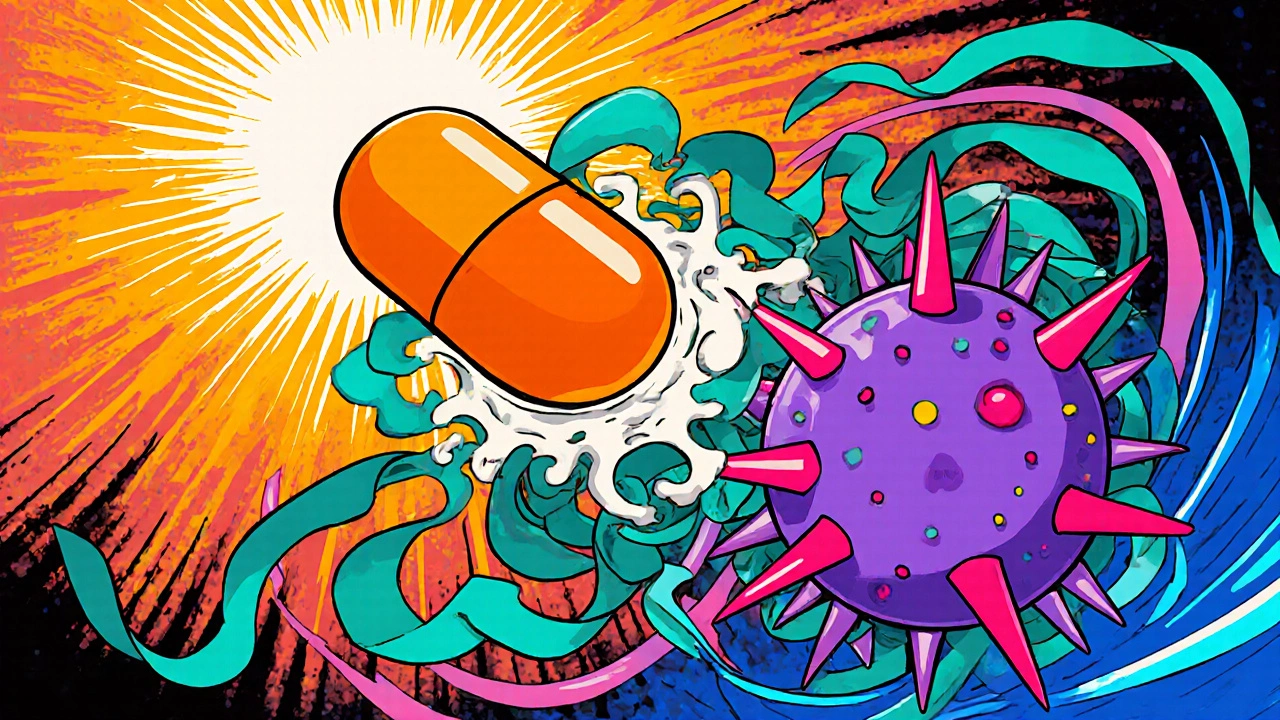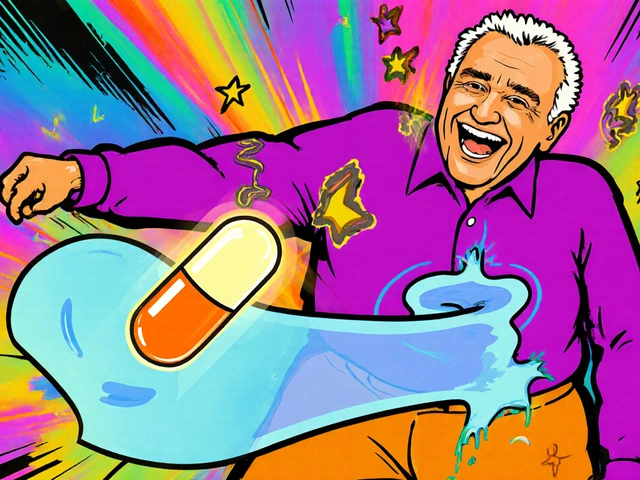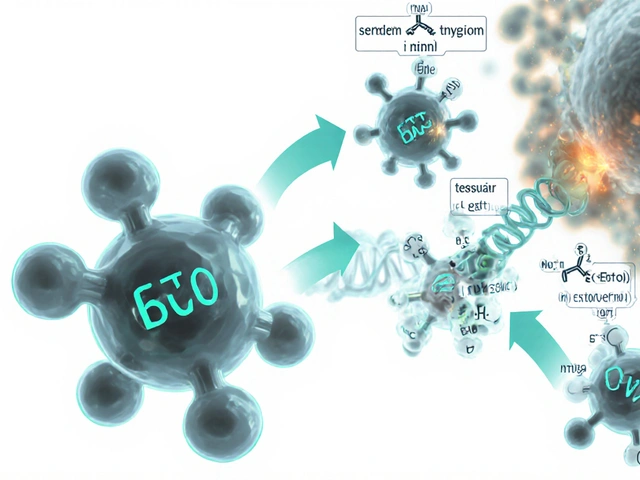NRTI Interactions: What You Need to Know About Drug Conflicts
When you’re taking NRTI, Nucleoside Reverse Transcriptase Inhibitors are a class of antiretroviral drugs used to treat HIV by blocking the virus’s ability to copy its genetic material. Also known as nucleoside analogs, these drugs are often the backbone of HIV treatment regimens. But they don’t work in isolation—NRTI interactions can change how well they work, increase side effects, or even cause serious harm if mixed with the wrong meds.
NRTIs like tenofovir, emtricitabine, and zidovudine are commonly paired with other HIV drugs, but they can clash with over-the-counter painkillers, antibiotics, and even some supplements. For example, combining tenofovir with certain NSAIDs may stress your kidneys, while zidovudine and ganciclovir together can drop your white blood cell count dangerously low. These aren’t theoretical risks—clinicians see these interactions in real patients, and they’re preventable. If you’re on an NRTI-based regimen, your doctor should check every new prescription, herb, or vitamin you take. It’s not just about HIV meds—it’s about everything else in your medicine cabinet.
Some interactions are hidden in plain sight. People with HIV often take supplements for energy, immunity, or gut health—but many of these can interfere with NRTI absorption. St. John’s wort, for instance, speeds up liver enzymes that break down NRTIs, making them less effective. Even common antacids can reduce how much of your HIV drug gets into your bloodstream if taken too close together. And if you’re also managing diabetes, high blood pressure, or chronic pain, the risk multiplies. That’s why the posts below focus on real comparisons: how one drug behaves next to another, what side effects pop up, and how to spot trouble before it hits. You won’t find vague warnings here—just clear, practical breakdowns from people who’ve been there.
What you’ll find in the list ahead isn’t just a collection of drug guides—it’s a toolkit for navigating the messy reality of taking multiple medications. From antibiotic alternatives that play nice with NRTIs, to how dosing schedules can avoid conflicts, these articles give you the facts you need to talk smarter with your provider. No fluff. No jargon. Just what works, what doesn’t, and why it matters for your health.
Didanosine Drug Interactions: Essential Guide for Patients and Providers
Learn which meds and supplements affect didanosine, how to manage risks, and what symptoms to watch for to stay safe on HIV therapy.






